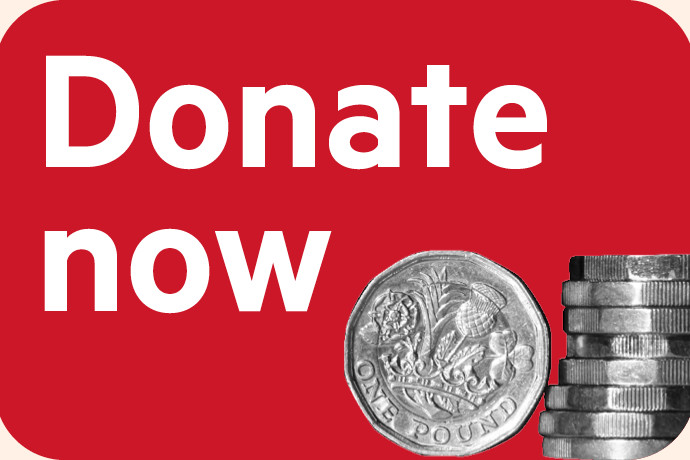Unlock the Editor’s Digest without spending a dime
Roula Khalaf, Editor of the FT, selects her favorite tales on this weekly e-newsletter.
It has been an fascinating time for white collar crime.
In Vietnam, there’s a crackdown on corruption often called the “blazing furnace” marketing campaign. Because of this, in late April, the soft-drinks tycoon, Tran Qui Thanh, was sentenced to eight years in jail for his half in a $40mn fraud case. His daughters have been additionally sentenced.
A number of weeks earlier, Truong My Lan, a Vietnamese billionaire property developer, was sentenced to dying for a $44bn fraud for looting one of many nation’s largest banks.
Elsewhere, within the US, Sam Bankman-Fried, co-founder of the failed crypto trade FTX, was sentenced to 25 years in jail for fraud, in March.
These observe different high-profile circumstances. In 2022, Elizabeth Holmes was sentenced to 11 years (later decreased by two years in July, then by an additional 4 months earlier this month) for her half within the Theranos fraud, within the US. Europe, too, has had its share of white collar crime, with the Wirecard fraud.
However why do the wealthy commit crimes? In any case, not like the poor, they don’t must steal to eat. Many rich criminals come up with the money for to final dozens of lifetimes.

The hyperlink between crime and wealth, due to this fact, is a sophisticated one. In some circumstances, it’s a matter of the relative impression. Wealthy individuals can shrug off small crimes that appeal to monetary penalties.
Should you earn £500 every week, a £300 fantastic goes to harm. Should you earn £10,000, you’ll barely discover it. That is the explanation why international locations similar to Finland have income-related visitors fines, not like the UK which makes use of a penalty system the place motorists are disqualified from driving in the event that they construct up too many factors, inconveniencing wealthy and poor alike.
For crimes that carry custodial sentences, similar to fraud, the wealthy do have a giant disincentive, provided that they’ve extra to lose. A rich individual residing their finest life in a stunning home would possible discover the concept of going to jail an unimaginably terrible prospect.
However white collar crime is totally different to road crime. Stealing tens of millions from a giant enterprise, not like a mugging or robbing a retailer, doesn’t goal a person, which might make it appear victimless. If the perpetrator lacks empathy, then this may increasingly not really feel like against the law in any respect.

But even for these with a conscience, many working wealthy discover themselves in conditions the place motives for fraud are rife. The temptation is just too nice or the cultural and peer pressures an excessive amount of to withstand committing the crime.
The Fraud Triangle, a mannequin devised by Steve Albrecht, which builds on the work of Edwin Sutherland and Donald Cressey, neatly describes this. The three sides of the triangle are perceived strain, perceived alternative and rationalisation of the fraud. Persons are motivated to commit the crime when these parts come collectively, in line with this idea.
It is very important notice that the motivation for the crime could also be pushed by the enterprise a person works for. After US power dealer Enron collapsed, some individuals on the group claimed to have been incentivised by the corporate to behave as they did. Equally, the Wells Fargo scandal in 2016, which concerned the creation of pretend accounts and resulted in a $185mn fantastic for the financial institution, was partly attributable to workers attempting to fulfill gross sales targets.
As Peter van Veen, a director of anti-corruption organisation Transparency Worldwide, says: “Getting your incentive construction flawed can have dire penalties on your firm.”
A few of us can have expertise of both incentives at an organization that push us to misbehave or a tradition the place greed is tolerated or celebrated. An individual is just not essentially a sociopath, they could simply be accepting the strain positioned on them to fulfill targets with out questioning its ethics. As author and journalist Upton Sinclair mentioned: “It’s tough to get a person to know one thing when his wage will depend on his not understanding it.”
What is maybe more durable to know is when a rich individual indulges in against the law the place none of those components are at play, the upside is negligible and the draw back appreciable. Shoplifting is an effective instance. A 2008 paper on shoplifting within the US confirmed that it “was considerably extra widespread . . . amongst these with particular person incomes over $35,000 and household incomes over $70,000”.
Though $70,000 is method beneath the wealth of the extremely wealthy, it demonstrates that being poor and determined is just not at all times the motive for the crime. There are many examples of “superstar shoplifting” or “millionaire shoplifting” which assist this. One faculty of thought suggests these individuals commit the crime for kicks. The chance-taking behaviour that helped an individual make their cash or change into well-known may give them the arrogance or perception they’ll get away with stealing a $10 lipstick.
Whether or not it’s petty shoplifting or a multimillion-dollar fraud, this confidence amongst some rich criminals could also be helped by the information that additionally they have the cash for higher legal professionals who can guarantee extra lenient sentences.
Rhymer is studying . . .
Metropolis, by Twentieth-century creator Clifford D Simak, whose type has been described as “science fiction pastoral”. The French author Michel Houellebecq praised Metropolis, an episodic e-book written in 1952, as a “masterpiece” and drew on its themes for his 2005 novel The Risk of an Island.
Comply with Rhymer on X
This text is a part of FT Wealth, a piece offering in-depth protection of philanthropy, entrepreneurs, household places of work, in addition to various and impression funding


